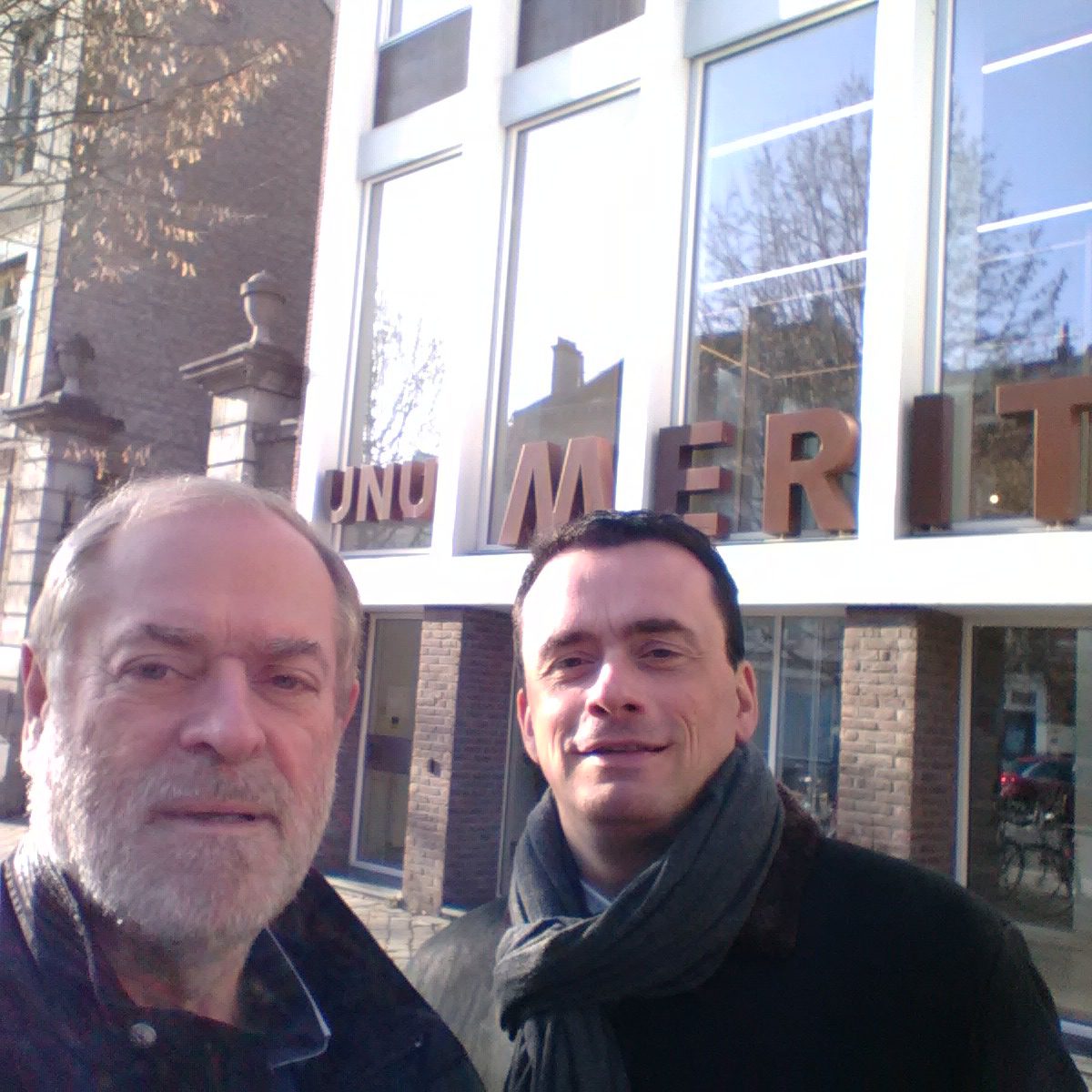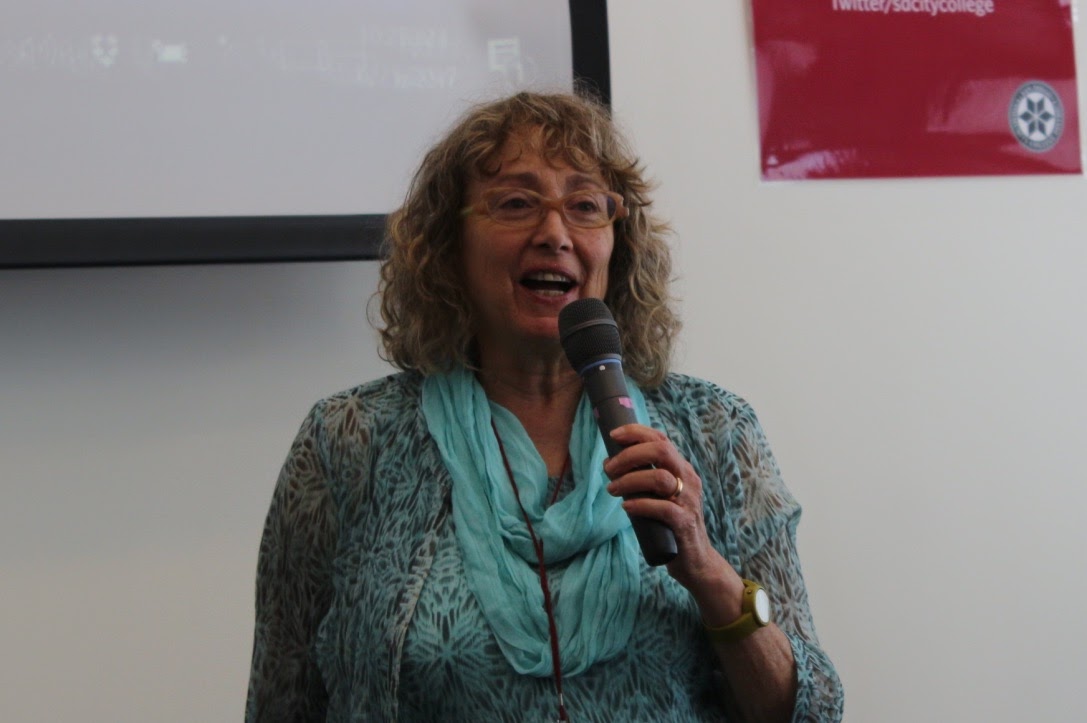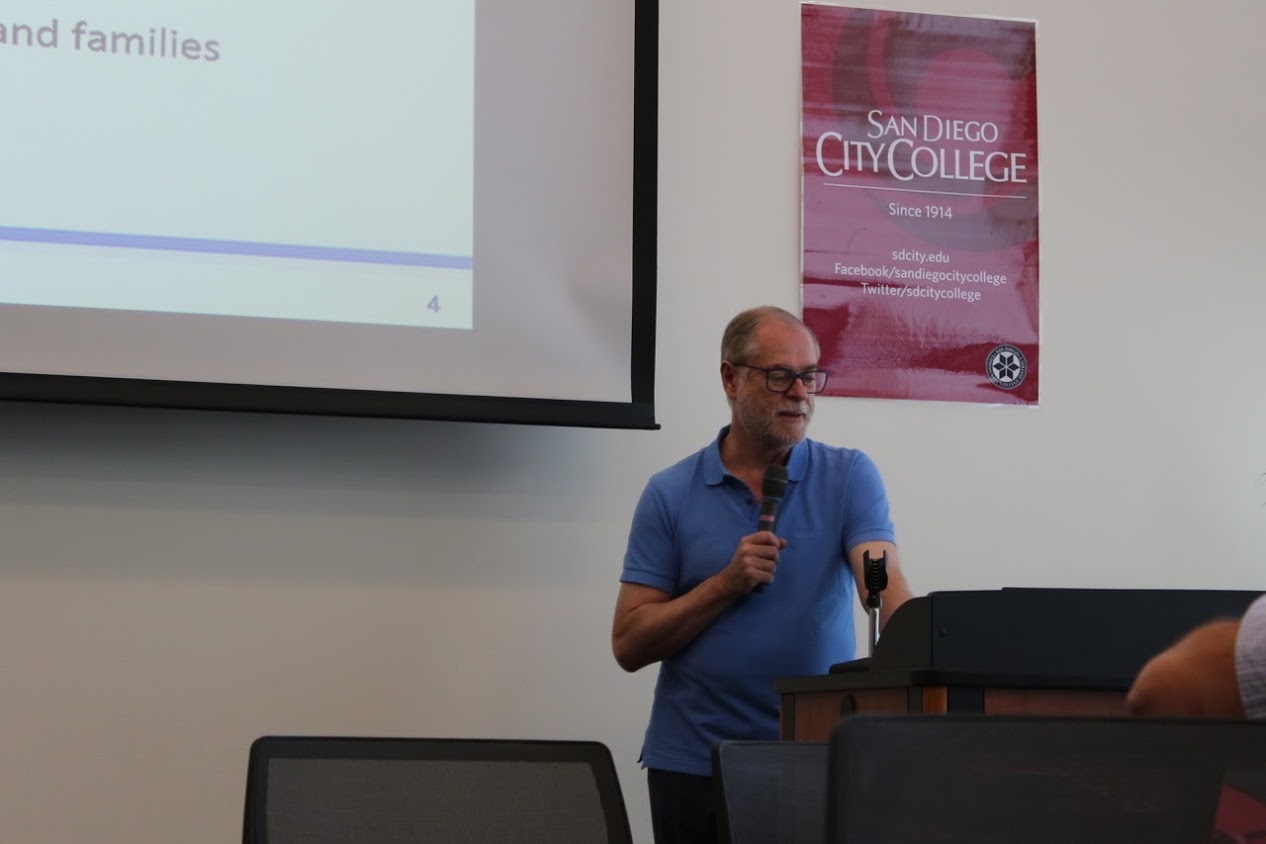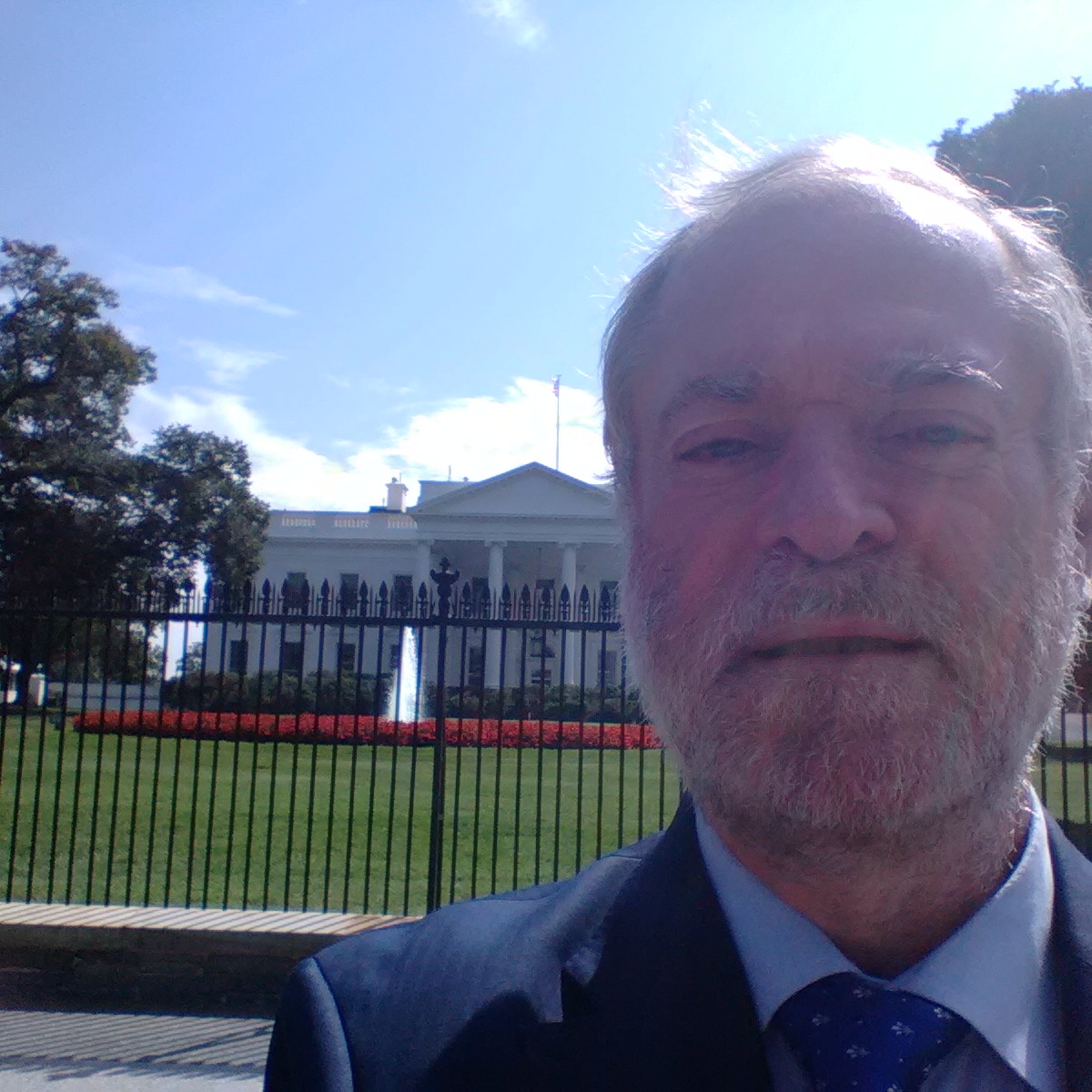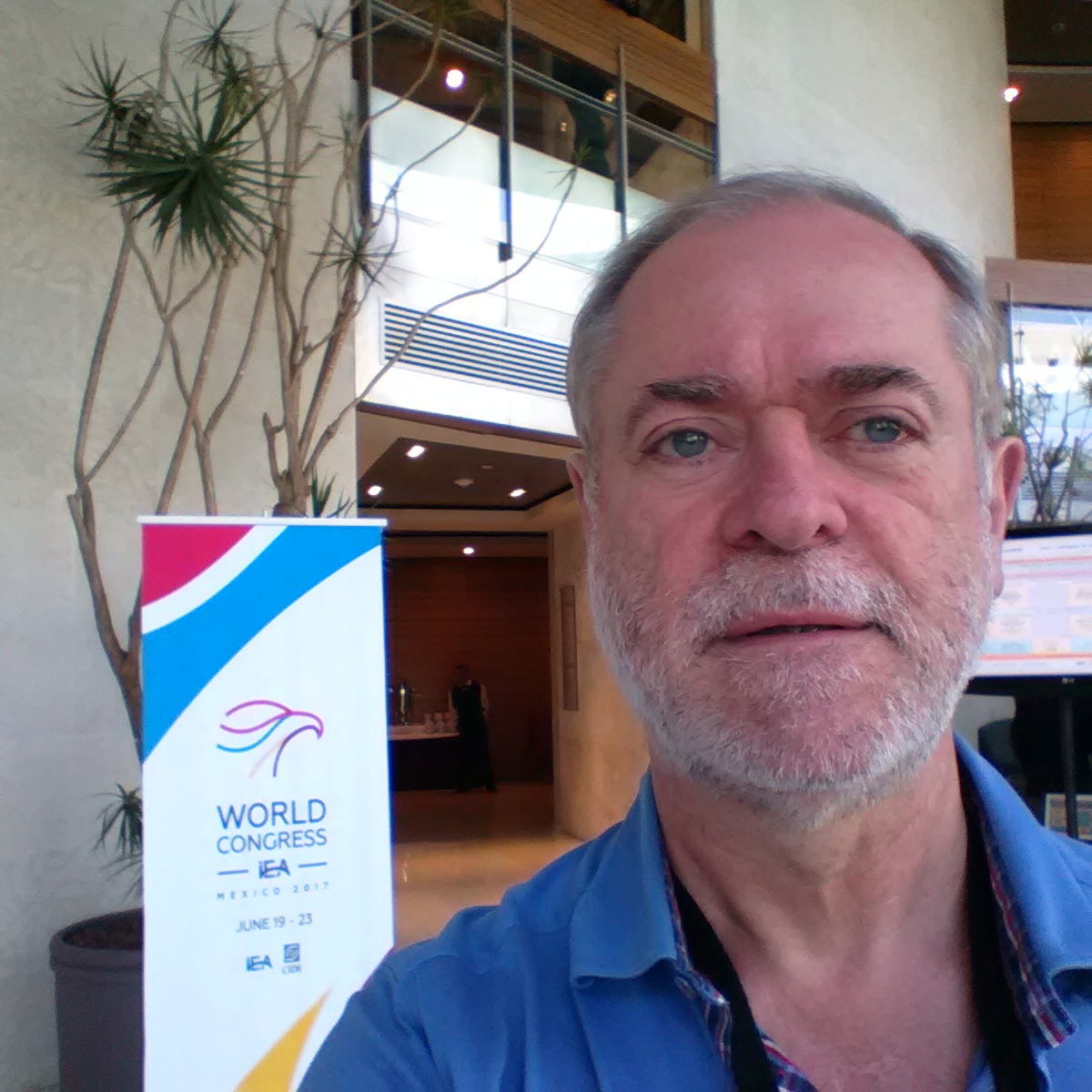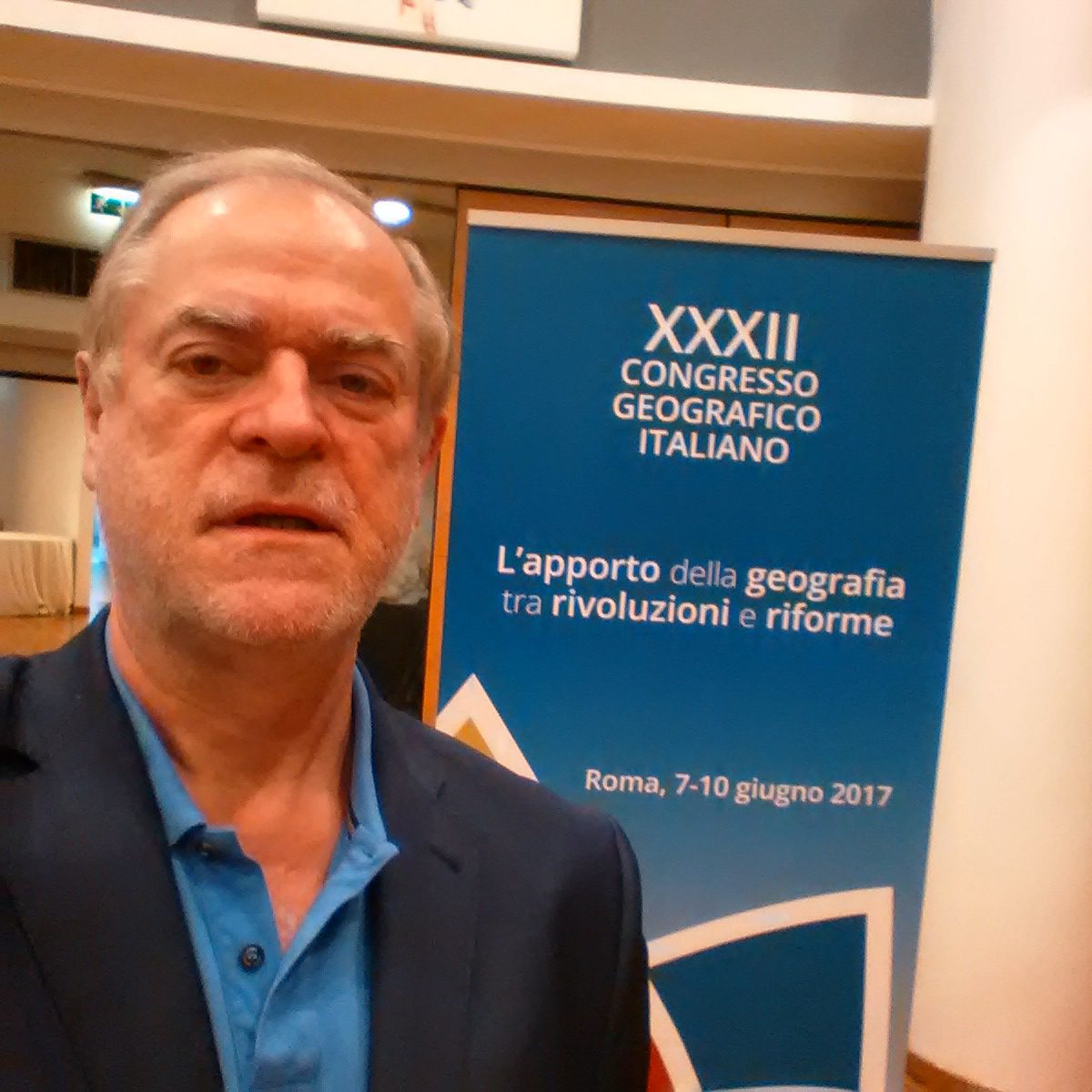Call for papers for a special issue of the International Journal of Manpower on:
“The School to work transition: Cross-country differences, evolution and reforms“
Edited by Francesco Pastore (University of Campania “Luigi Vanvitelli” and GLO) and Klaus F. Zimmermann (UNU-MERIT, Maastricht University and GLO)
An initiative of the Global Labor Organization (GLO)
A school-to-work transition (SWT) regime denotes the set of institutions and rules that govern and supervise the passage of young people from school to adulthood. They include the degree of regulation and flexibility of the labour market, but also of the educational and training systems and the provision of employment services (placement and training) to help young people finding a job more easily. The household is also part of the regime, by providing, for instance, financial support during the entire transition and a cushion against the risk of unemployment. The role assigned to each institution within a regime is different from one country to another, so that different SWT regimes can be identified in the world.
A rising interest for the issue of the optimal design and organization of a SWT regime is emerging together with soaring unemployment, especially in Europe and in many developing countries. In some countries, the slowness of the transition is a factor of concern because it persists also during periods of economic boom constraining the ability of the economic system to create all the possible jobs for young people.
A SWT has as its main aim that of filling the gap of work experience of young people with respect to adults. This can be done by resorting to the labor market and by making it more flexible, with the risk that young people fall in the so-called work experience trap (they have education and also general work experience, but firms want job-specific work experience and competences). Alternatively, the education system can give an important contributions by following the dual principle and namely providing at the same time education and training already at school or by developing closer links to the labor market through establishing direct links to the labor market like in the Japanese Jisseki Kankei or by providing efficient and dynamic job placement services and information on vacancies like in Anglo-Saxon systems.
After posing a strong and long-lasting emphasis on labor market flexibility since the mid-1980s, reforms of the SWT regime are focusing on the education system. In Italy, the Buona Scuola reform has changed the mission of an education system which still remains sequential, but providing high secondary school students with compulsory work related learning, based on the Scandinavian model. However, there is still widespread concern that a deeper integration of the education system with the labor market is necessary to increase the chances of young people to find suitable jobs. The European Youth Guarantee is a programme of active labor market policy that the EU Parliament has exported to all of Europe with ups and downs. Recent reforms have regarded also public and private employment services, foreseeing the introduction of a quasi-market organization to make them more efficient.
This special issue aims to inspire the debate on these issues by stimulating the submission of high quality papers on different aspects of the SWT, also not considered in this short abstract. Preference will be given to papers implementing advanced econometric methods and addressing causality issues. We wish for theoretical or empirical papers that include, but are meant not to be restricted in any possible way to such issues as, among others:
- Cross-country differences in the performance of different SWT regimes;
- Experience of developing countries;
- Effectiveness of the German dual system;
- Effectiveness of the Japanese Jisseki Kankei;
- Regional differences in the SWT and youth unemployment rate;
- Impact of the economic and financial crisis on youth labor markets;
- Definition of new regimes of SWT to accumulate job specific skills;
- Impact evaluation of recent policy programs for promoting the employment opportunities of young people, such as:
- recent labor market reforms, e.g. the Jobs Act;
- apprenticeship legislation;
- the European Youth Guarantee;
- the programs of work-related learning;
- “3+2 reform” of the university system;
- Implementation of New Public Management principles to universities;
- Role of public and private employment services;
- Role of job placement services at high secondary schools and universities;
- Technical and vocational education and training;
- Experiences of study and work;
- Role of the household as a shock absorber and as a disincentive to more active job search.
Submissions will be accepted up until the 15th of February 2018. They should be made using ScholarOne Manuscripts, the online submission and peer review system: http://mc.manuscriptcentral.com/ijm. Before submission, please verify that you have carefully read the Author guidelines of the Journal. While making your submission, please specify the title of the current call for papers. See also the Call on the journal website.
Francesco Pastore (University of Campania “Luigi Vanvitelli” and GLO)

Klaus F. Zimmermann (UNU-MERIT, Maastricht University and GLO)
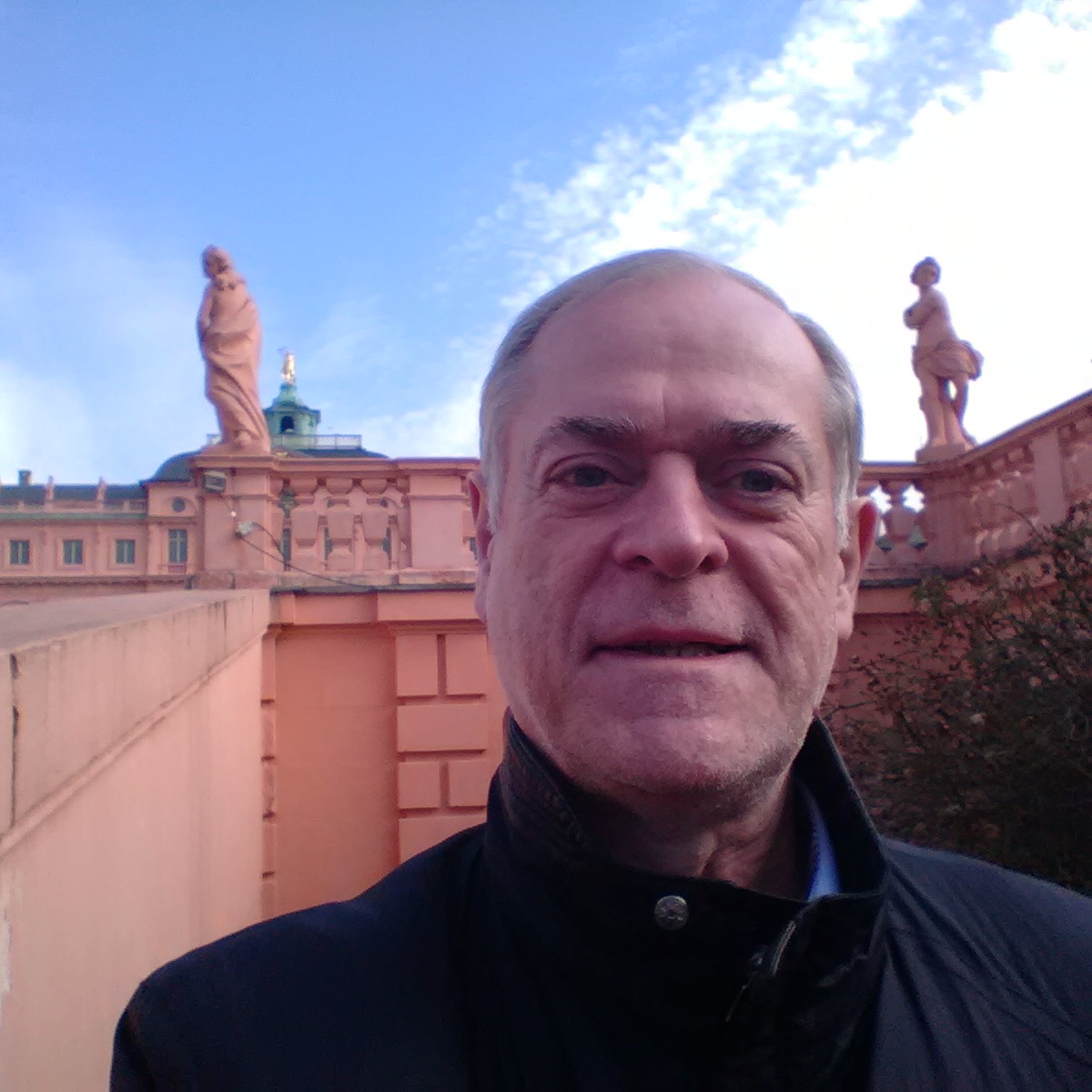
Ends;

